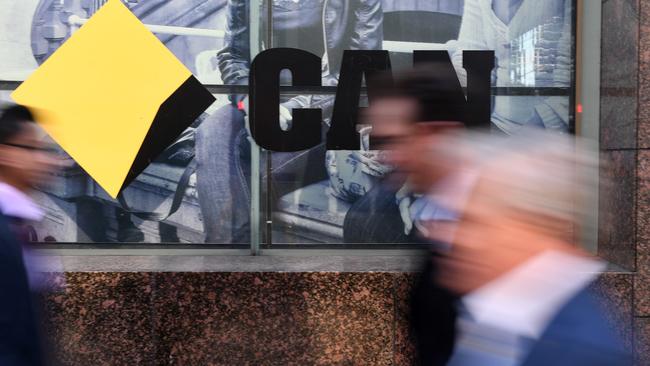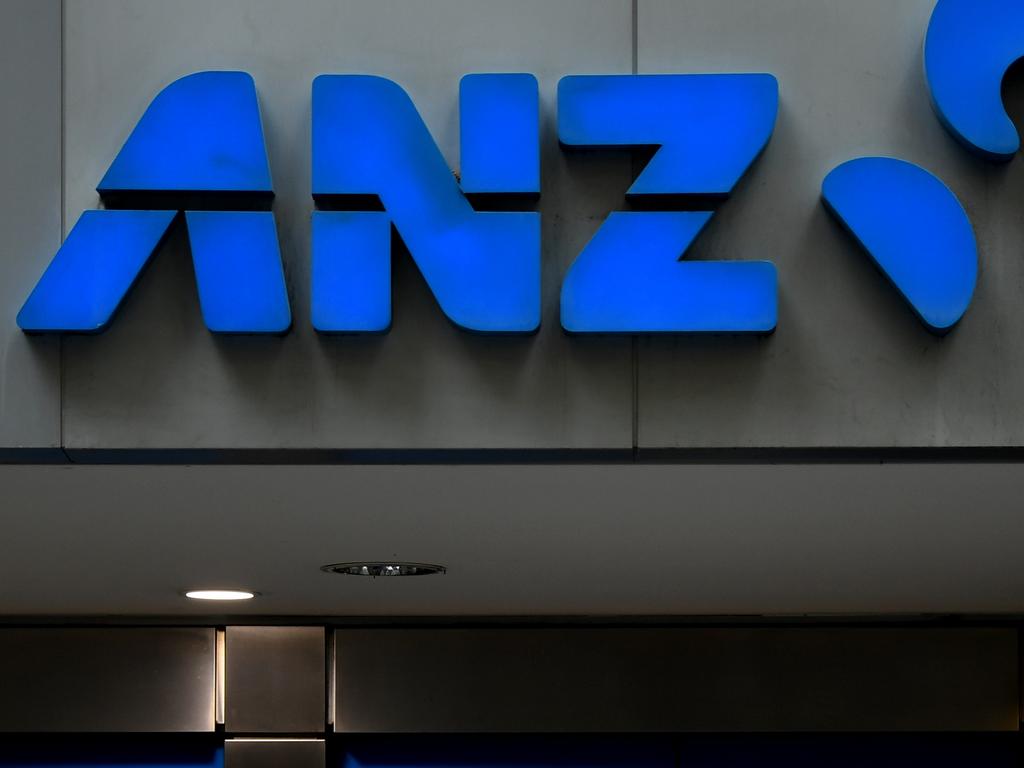Commonwealth Bank books $1.5bn COVID charge, sells Colonial First State stake
Commonwealth Bank has made an additional $1.5bn provision for the impact of COVID-19, and sold 55pc of Colonial First State to KKR.

Commonwealth Bank of Australia has booked COVID-19 related charges of $1.5bn, and accelerated a divestment spree by agreeing to sell a $1.7bn controlling stake in Colonial First State to private equity giant KKR.
In a March quarter trading update CBA said it was taking a charge of $1.5bn to account for the “potential longer-term impacts of COVID-19”, as total credit provisions swelled to $6bn.
In an ASX statement on Wednesday, CBA chief executive Matt Comyn also announced the sale of a 55 per cent stake in Colonial First State to KKR as part of his simplification strategy.
The bank expects proceeds from the sale, after tax and deal costs, will amount to $1.5bn. The transaction is expected to close in the first half of calendar 2021 and requires the green light from the banking regulator and Foreign Investment Review Board.
The sale of the majority of Colonial First State - a superannuation and investments business - values the entire division at $3.3bn. It follows the divestment of a string of other CBA businesses including its global asset management unit and life insurance arm.
“We are confident that together with KKR, we can provide CFS with an increased capacity to invest in product innovation, new services and its digital capabilities. We have a shared vision for CFS to be one of the leading superannuation and investment businesses in Australia,” Mr Comyn said.
As at April 30, CFS had about $135bn of funds under administration.
Head of KKR Australia Scott Bookmyer said: “Partnering alongside CBA, we look forward to accelerating CFS’s transformation and further strengthening its market position to deliver long-term benefits to its member base.”
On the bank’s provisions for an expected jump in loan losses related to the pandemic, Mr Comyn said they further reinforced “already strong provisioning and balance sheet settings”.
National Australia Bank has booked pandemic-related charges of $807m, ANZ stands at $1bn and Westpac at $1.6bn.
CBA reported a drop in March quarter unaudited cash earnings from continuing operations to $1.3bn, and statutory profit also fell to $1.3bn. In the same quarter last year, cash net profit from continuing operations printed at $1.7bn and statutory profit at $1.75bn.
The bank reported flat operating income for the quarter and headline operating expenses climbed 5 per cent due to additional customer compensation provisions of $135m.
CBA’s shares dipped in early trading before reversing those declines to close up 1.91 per cent at $60.85.
The big four banks reported combined first-half cash earnings of $8.3 billion, an almost 43 per cent slump compared to interim profits in 2019, EY analysis showed earlier this month. Combined return on equity has dropped to levels not seen since the 1990s as the sector feels the impact of COVID-19.
Westpac, ANZ and National Australia Bank have a September 30 year end, while CBA has a June 30 balance date.
CBA’s common equity tier one capital ratio printed at 10.7 per cent as at March 31, which takes into account that the bank paid a dividend in March. That is above the banking regulator’s “unquestionably strong” threshold.
The sale of the CFS stake is expected to deliver an increase of approximately $1.4-1.9bn in common equity tier one capital, resulting in a pro forma rise in the ratio of about 30-40 basis points.
CBA did not provide detailed commentary on the outlook for its dividend following guidance from the banking regulator in April that banks should seriously consider deferring decisions on the payments. So far, ANZ, Westpac and Bank of Queensland have postponed making calls on first-half dividends.
CBA paid out an interim dividend on March 31 ahead of the guidance and is due to hand down full-year results in August.
The big banks are navigating a tough environment for the sector as interest rates hover at record lows and the economy braces for a recession.








To join the conversation, please log in. Don't have an account? Register
Join the conversation, you are commenting as Logout